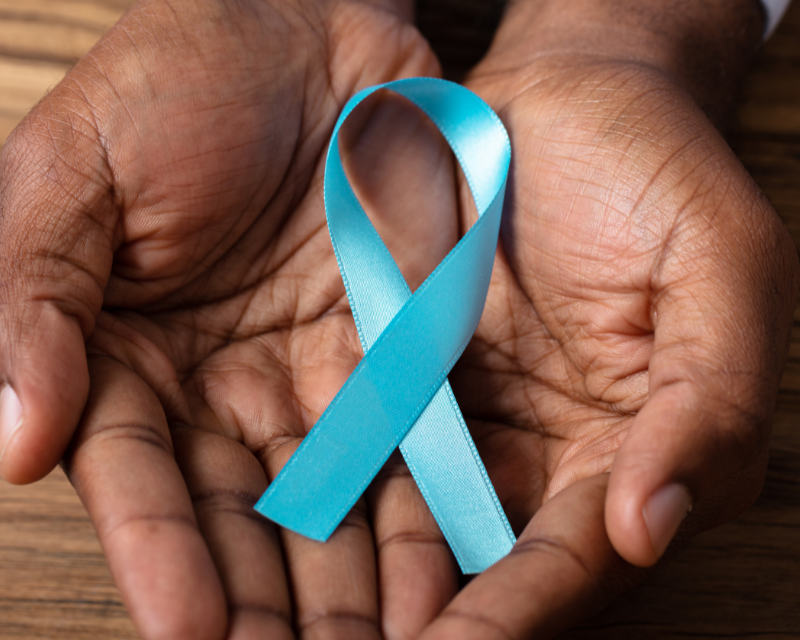
“A case came across my desk this week – the desk that now sits just one set of double doors away from my own little family. A survivor called who’d recently given birth. She was still in the hospital and hoped to find assistance for herself and her two-day old newborn. She needed diapers, a safe place to stay, maybe some formula, too. The preferred organization in the area is out of supplies. No one is taking in new clients. Closing my eyes I remember what it feels like to be two days post-birth. I hear my littles safely playing in the next room. I snap back to the present and remember; I’m at home, yes, but this is work. This is my job. Make a plan. Execute the plan. Don’t dwell on the closet full of diapers upstairs.”
U.S. National Human Trafficking Hotline Advocate
Since mid-March, the U.S. National Human Trafficking Hotline has moved from a generic D.C. office building to dozens of basement apartments, rowhouse bedrooms, suburban cul de sacs and walk-in closets turned offices. That in itself is pretty extraordinary, but it also makes an incredibly emotionally challenging job even tougher. From their own couches and kitchens, Trafficking Hotline staff are facing constricted resources, soaring vulnerabilities – and they are doing so without their peers to physically turn to for support. They are doing so with, as one Trafficking Hotline professional shared with us, their own families just on the other side of the door.
While the Trafficking Hotline team has been working with service provider partners to ensure that our systems are kept up to date and reflect changes as they happen, they have to do even more thinking on their feet than usual. More service providers are suddenly full or unable to accept new clients and the Trafficking Hotline advocates have had to do a lot of thoughtful safety planning and brainstorming with people who are reaching out and need support. As one member of the team put it, “in these extraordinary circumstances, we’re having to be extraordinarily creative to meet the most basic needs of people who call us.”
All this, of course, without an easily collaborative environment, with staff working out of the same room, so they can offer support to a colleague who is dealing with a difficult situation. Now that Trafficking Hotline staff are working out of their own individual spaces, they have to be more proactive about asking for support when they need it and supervisors have to more frequently check-in. The lack of separation between work and home has also proved to be challenging. In this time of social distancing, Trafficking Hotline staff have learned that they need to find their own way to keep an emotional distance between their personal life and their work life.
Despite the challenges and uncertainty of our new circumstances, the Trafficking Hotline team remains passionate about and dedicated to the mission. They are prepared to adapt and deal with whatever comes their way.


